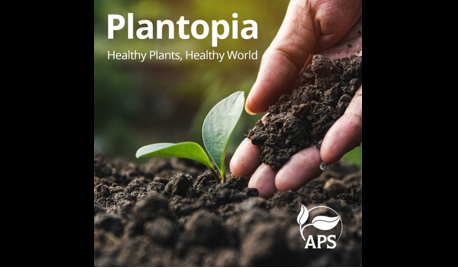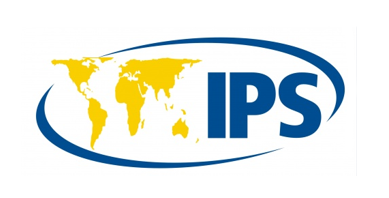Conservation agriculture key to better income, environment protection: Study
Resorting to conservation agriculture would not only increase crop yield, income and reduce the use of natural resources, but would also confer climate change benefits, according to a study by Indian agricultural scientists and others published in an international journal on Thursday.
The study, published in the journal Nature Sustainability, also showed that conservation agriculture was key to meeting many of the UN’s Sustainable Development Goals (SDGs) such as no poverty, zero hunger, good health and well-being, climate action and clean water. Conservation agriculture can offer positive contributions to several SDGs, said M. L. Jat, a Principal Scientist at the International Maize and Wheat Improvement Center (CIMMYT) and first author of the study.












